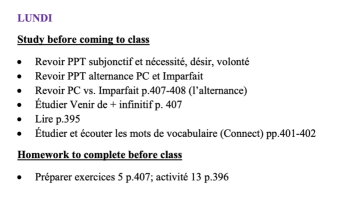
Keeping Up With the Quarter System
Coming from one of the most intense high schools in Beijing known for its academic rigor, I am surprised that I find Dartmouth as rigorous as — if not more rigorous than — my high school.
One key difference is the quarter system, which feels like a constant sprint. Unlike the semester system which has 15-17 weeks each term, there are only 10 weeks in the quarter system! The ten weeks fly by with days filled with classes, assignments, deadlines, and exams. Sometimes it means there's also more stress during each quarter. By the third week of my term, I'm already having a midterm for my Linear Algebra class! The pace can also be challenging and rigorous for classes without midterms — my French 3 class has a test every two weeks! In this challenging environment, it's crucial to read the syllabi carefully and plan ahead. You don't want to be surprised by a test with just one or two days' notice.

The shorter quarter system at Dartmouth has prompted the adoption of a flipped classroom approach for many courses. This method is grounded in the idea that class time should not primarily consist of lectures or direct instruction. Instead, students are introduced to the course material before class, allowing in-class time to focus on activities that encourage higher-order thinking skills. Given the condensed timeframe of the quarter system, effective utilization of class time is paramount. Consequently, the concept of flipped classrooms is highly valued in many Dartmouth courses.
The practical implication is straightforward: students must invest a substantial amount of time in independent study to come to class well-prepared. For instance, in my French 3 class this term, I'm expected to review several PowerPoints and complete exercises before attending class (as outlined in our weekly plan). This approach makes spending time in the library an integral part of the Dartmouth experience.

Fortunately, there's no need to be overly concerned about the quarter system. Despite its considerable workload and more frequent exams, managing it is entirely possible. The classes are faster-paced but not necessarily harder than those in the semester system. Additionally, Dartmouth provides a wealth of (free) academic resources to support students keeping up with their classes. Moreover, the quarter system comes with its own set of advantages. For instance, having three terms in a year offers greater flexibility in your academic exploration, and it it allows you more opportunities to start fresh. It also means you can conclude your fall term before Thanksgiving and enjoy an extended six-week winter break.

















